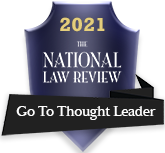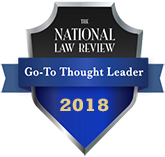At K&L Gates, we foster an inclusive and collaborative environment across our fully integrated global platform that enables us to diligently combine the knowledge and expertise of our lawyers and policy professionals to create teams that provide exceptional client solutions.
With offices spanning across five continents, we represent leading global corporations in every major industry, capital markets participants, and ambitious middle-market and emerging growth companies. Our lawyers also serve public sector entities, educational institutions, philanthropic organizations, and individuals. We are leaders in legal issues related to industries critical to the economies of both the developed and developing worlds—including technology, manufacturing, financial services, health care, energy, and more.













